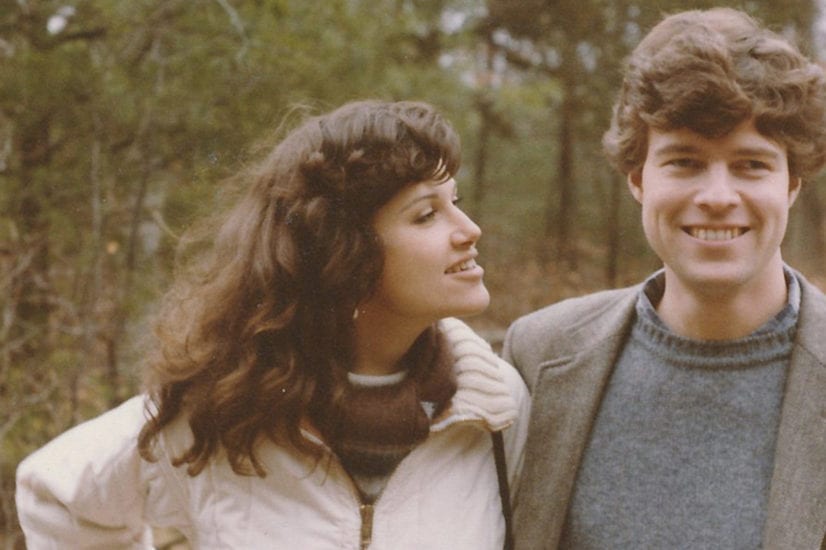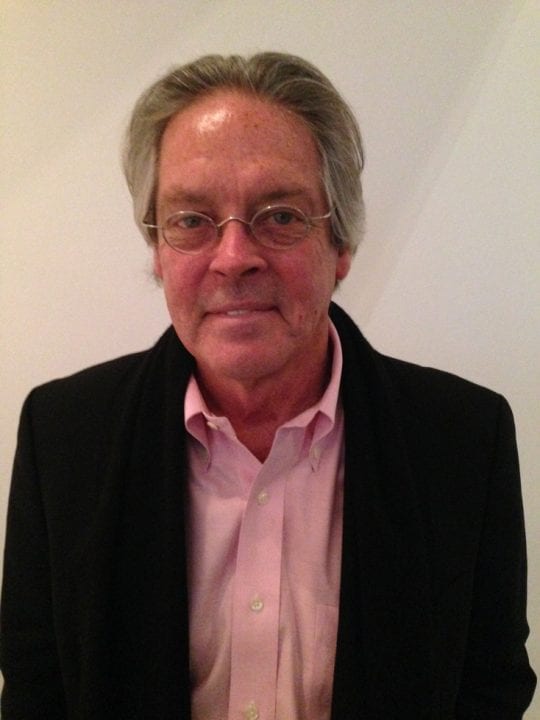
Posted March 31, 2014

Greg O’Brien is a reporter from Brewster, Mass. He is the former editor and publisher of the Cape Codder and an award-winning writer. O’Brien was diagnosed with early-onset Alzheimer’s disease in 2010. The following is an excerpt from a speech he gave on March 13, 2014.
Alzheimer’s disease is deeply personal for me. My grandfather, George W. Brown, an efficacious Manhattan entrepreneur, died of the disease when I was a boy. It was then called “hardening of the arteries”. My mother, the hero of my life, Virginia Loretta Brown O’Brien, died in 2008 of Alzheimer’s in a bruising, knockdown battle with this demon of a disease. I had a chilling front row seat for both.
Alzheimer’s is now coming for me. It is a death in slow motion, like having a sliver of your brain shaved off every day.
About four years ago, I was formally diagnosed with early-onset Alzheimer’s after a horrific head injury years earlier had unmasked a disease in the making. Brain scans and several clinical tests in Boston all confirmed the diagnosis. I also carry a marker gene for Alzheimer’s, as tests determined.
Doctors tell me that I’m working off a “cognitive reserve,” a backup tank of inherited intellect that hopefully will carry me for some years to come. In laymen’s terms, the “right side” of my brain – the creative sweet spot – is intact, for the most part, although the writing and communication process now takes exponentially longer.
The “left side,” the area of the brain reserved for executive functions: judgment, balance (bodily and emotionally), short term memory, continence, spatial relationships, and financial analysis, is in a free fall!
About 60 percent of my short term memory is now gone in 30 seconds. There are times I don’t recognize people I’ve known all my life, I get lost in familiar places, and see things that aren’t there.
Alzheimer’s is not just the end stage in a nursing home; it is the long, lonely journey to that place, a complete loss of self, self-esteem and resolve in life – a journey that starts a decade before it’s diagnosed, and ends in a distant place that I called Pluto.
It is ironic that I must say this: But we need to make Alzheimer’s popular. We need to give this disease a voice. Cancer and heart disease research funding exceeds Alzheimer’s funding by light years, yet Alzheimer’s is expected to outpace cancer and heart disease seven fold in years to come, and to eventually bankrupt Medicare.
We’ve got work to do. A lot of work!